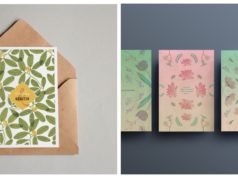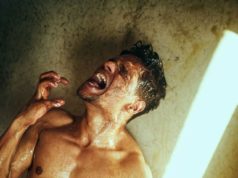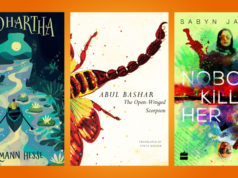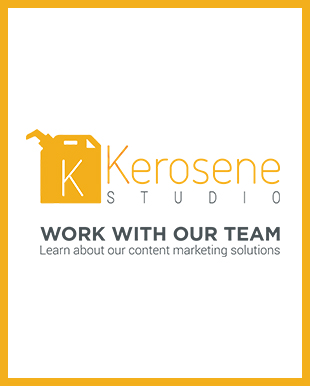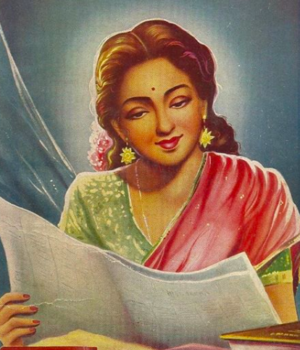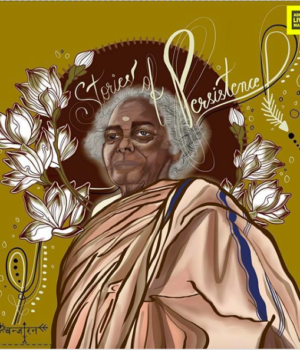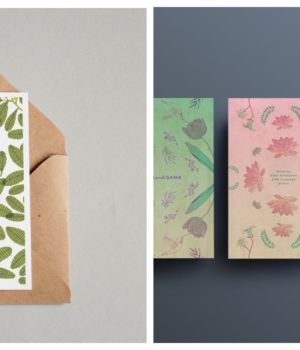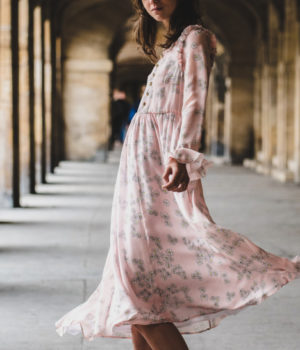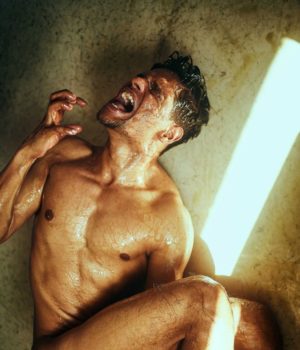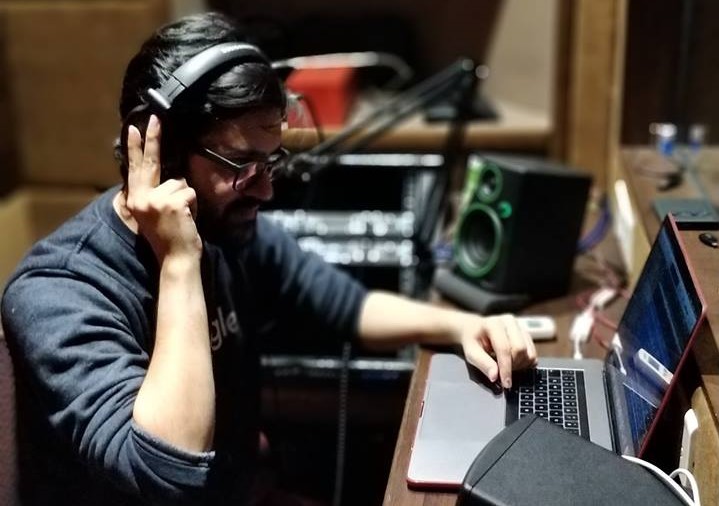
Any musician in India will tell you that pursuing music as a profession is no easy gig, and this is especially so for artists who are just starting out. Due to lack of financial backing, they often cannot bear the cost of recording equipment, accompanying instruments and studio time. This makes it impossible for them to make quality demos which, in turn, causes their music to have a limited reach. This vicious cycle is tough to break out of and often discourages many talented artists from putting out original music.
A fairy godmother to aspiring artists, Compass Box Studio is a one-of-its-kind initiative which helps them overcome these adversities and share their work with the world. They record, produce and publish music videos for these artists absolutely free of cost. Hence, providing the right support, resources and environment for the artist to succeed in this industry.
Its founder Raag Sethi elaborates on how they are working towards their goal to be an active contributor in the ever-growing, diverse independent art ecosystem in India.
1.Can you tell us something about your background? How did you get associated with music?
I only picked up the guitar when I was 16-17, so I was a late bloomer by most standards. It was when I went to university and minored in music did I really start to enjoy playing the instrument, and when I got an opportunity to work as a recording engineer at my university, I started to enjoy the process of making music too. After university, a bunch of friends and I started the Ahmedabad Jazz & Blues Festival, and through that started a band called Time Wise. I then started Compass Box Studio where I produced an EP with a band I was in called Random Gyan and here we are today.
2. What is the idea and intention behind the conception of Compass Box Studio?
The main idea behind Compass Box was to remove the barrier of entry for making good quality original music. The problem that I faced, and a lot of other artists I knew was that – while they had original content, the financial backing you need to take that and make a single/EP or a video out of it was just too high, and they were unsure if music is what they wanted to pursue. So they avoid recording original material, and it acts like a deterrent for what it means to be an indie artist. To address this, I decided to start this studio as a platform for artists to come and make music as a stepping stone for themselves to figure out if this is what they would like to continue with. The benefit is that original music is being recorded, and I’m incentivising that process with a no cost to the artist approach. This way artists can use their live recording at Compass Box as demos or samples of their work to send to pub venues around the country that are not phone recordings with terrible quality. After every session, I also ask the artist if they would like to move ahead and record an EP/LP at a price point that works for them.

3. How did it come into existence? The minds behind it, funding, etc.
I’m super fortunate to have a family that supports what I do, and since I have another full time job, I have been producing and funding the live sessions till now. I’m excited to announce that Arman Financial is going to be the sponsor and supporter for the next season of live sessions, we are actively searching for people who would like to support what we do. I have a small, but dedicated team of content writers, managers, recording and mix engineers and really talented musicians who have helped me make this a reality. In fact, if you watch the videos, you’ll start to notice recurring characters.
4. You recently started producing one take, live recording sessions. How has your experience been so far?
This is something I am taking from what I learnt at university as a recording engineer and as a musician with Time Wise. I started experimenting with live recordings with Time Wise, and realized that music made in one take without comps or splicing different takes just sounds better, and truer to what you’d expect if you were to see the same band live. The downside of course is that it takes a lot more time, one mistake by one person means starting the recording from the beginning. Also, since the space is small, it’s a producers Pandora’s box (or Pandora’s studio) managing bleed from all the sources in such close proximity, so we have to be inventive with how to get a clean signal for mixing.
5. What do you think of the current independent music scenario in India?
The past decade or so has made this the best time to be in independent music. There’s a lot more focus and emphasis on indie musicians than before, there’s a bigger push from the public to hear something other than Bollywood, there are some amazing indie labels and festivals fixated on providing a platform to share this music, YouTube is powerful tool for any artist to have their content up, and the list goes on.

6. Do you think it is gaining traction?
I haven’t been very active in the music scene, partly because I live in Ahmedabad and partly because we just started this project, so I’m learning more as I go. What I have seen is that currently while there is this overall trend for pushing indie music, its fragmented. Everyone is trying something new (me included) in the hopes of becoming the next big thing in the indie scene, where there is a large proportion of people and projects that fizzle out after a couple of months. Traction is great, but keeping the traction consistent may be something to look out for.
7. Any favourite indie artists or artists you would love to work with?
I want to feature artists from both extremes, some who are really well known and have been in the circuit for a couple of years, and some who have just written their first song and are contemplating existence. Hanita Bhambri was on my list and it was awesome to have her come down and do a reharmonized version of her song ‘Nothing For Our Own’. I would love to work with some of the veteran bands, Thermal and a Quarter is on my wish list for sure! Merkaba, Raghu Dixit, and Indian Ocean, Prateek Kuhad, there are a lot.
8. What is next for Compass Box Studio?
Aditi Ramesh is going to be making an appearance in January with her Jazz Carnatic style and then we are working with the pop and folk musicians, Tejas and Mali. Some plans are also solidifying with percussive fingerstyle guitarist Samar Mehdi! Our spoken word poetry sessions will also be picking up again with some poets from Ahmedabad and Pune. And we are always looking for artists with unique, original music, so that search is always on and we are always open to hear new music!
To check out the music videos and live sessions recorded by Compass Box Studio, follow them on Facebook and subscribe to their YouTube channel.
Written by Anmol Akanksha Nayak
All images credit: Compass Box Studio

